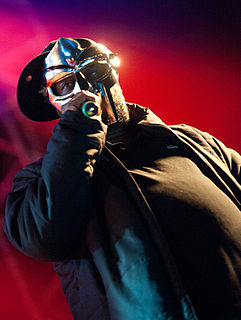A Quote by Bill Hader
I like when you are telling a story and fall into an impression.
Quote Topics
Related Quotes
After modernism, things changed. Indeed, modernism sometimes seems to me like an equivalent of the Fall. Remember, the first thing Adam and Eve did when they ate the fruit was to discover that they had no clothes on. They were embarrassed. Embarrassment was the first consequence of the Fall. And embarrassment was the first literary consequence of this modernist discovery of the surface. "Am I telling a story? Oh my God, this is terrible. I must stop telling a story and focus on the minute gradations of consciousness as they filter through somebody's.
This is our story to tell. You’d think for all the reading I do, I would have thought about this before, but I haven’t. I’ve never once thought about the interpretative, the story telling aspect of life, of my life. I always felt like I was in a story, yes, but not like I was the author of it, or like I had any say in its telling whatsoever.
I think that people have to have a story. When you tell a story, most people are not good storytellers because they think it's about them. You have to make your story, whatever story it is you're telling, their story. So you have to get good at telling a story so they can identify themselves in your story.
I think when people begin to tell their stories, everything changes, because not only are you legitimized in the telling of your story and are you found, literally, like you matter, you exist in the telling of your story, but when you hear your story be told, you suddenly exist in community and with others.
I think when people begin to tell their stories, everything changes, because not only are you legitimised in the telling of your story and are you found, literally, like you matter, you exist in the telling of your story, but when you hear your story be told, you suddenly exist in community and with others.
I feel like I've kinda danced around telling the truest story I can for many years of my life. I've been a little distracted by trying to be shocking or edgy or cool or whatever, and by letting go of that and telling the truest story I can - even if it's about aliens and talking raccoons - it works.


































